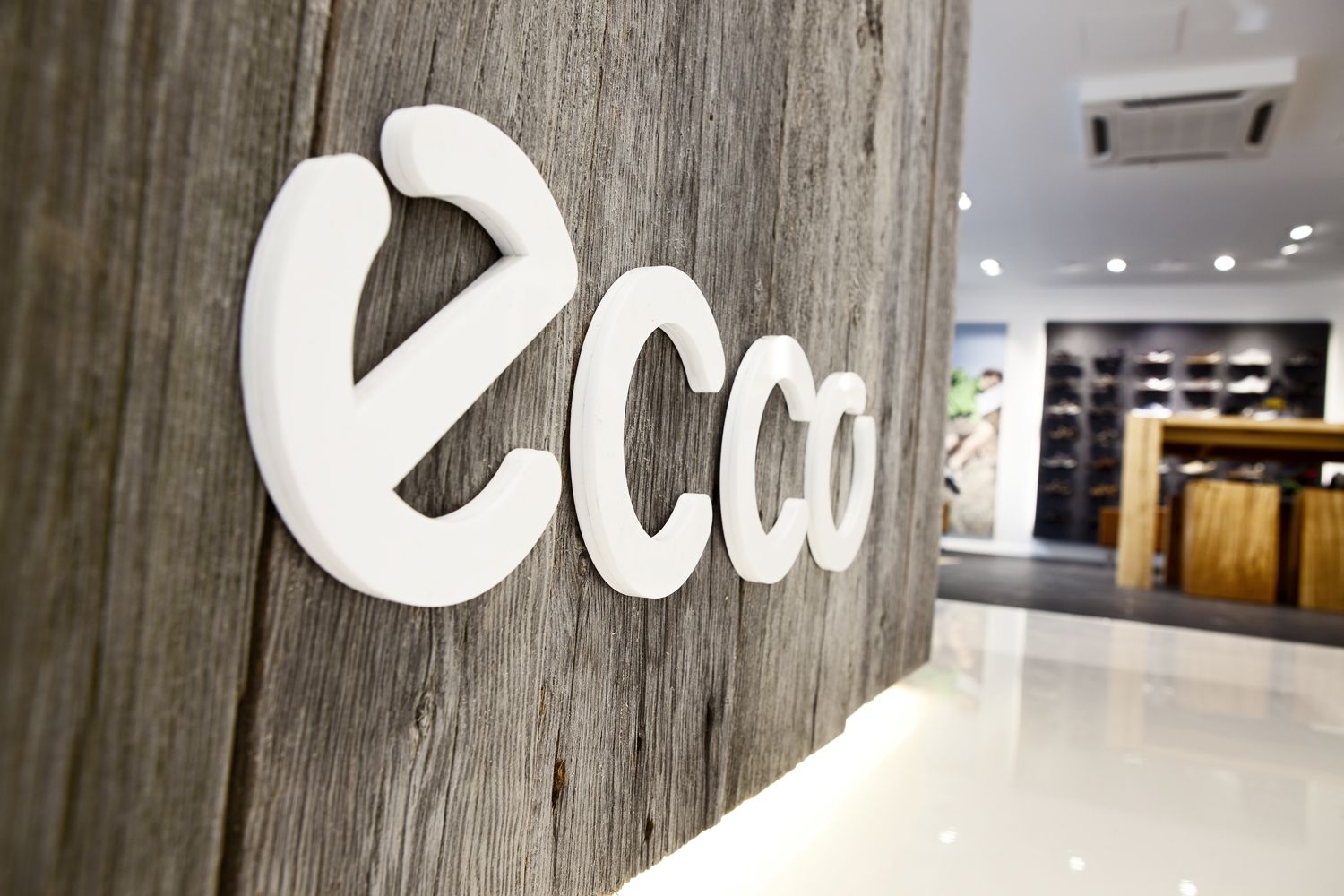The Danish shoe company Ecco saw progress in 2015, but its financial results revealed that it had a difficult time on the Russian market.
Ecco enjoyed a turnover of almost 10 billion kroner and profit of about 850 million kroner despite sales in Russia being halved.
“2015 was characterised by Ecco successfully launching innovative collections and investing in the future,” said Ecco’s CEO Dieter Kasprzak.
“We managed to close the significant gap created by the drop in sales in Europe. This was done through accelerated shop openings, launching more e-commerce sites, and working closely with our wholesale partners. With the exception of Russia and Ukraine, we generated sales growth in all three channels – retail, e-commerce, and wholesale – and in all three international regions.”
READ MORE: ECCO, Fakta and sustainable fashion producer among the CSR Award winners
95 new shops opened
The company saw a fall in turnover in the EMEA region – which includes Europe, Russia and Africa – from over 4.2 billion kroner in 2014 to just under 4 billion kroner in 2015.
Ecco cited the international sanctions against Russia and the falling rouble as the primary reasons for its dwindling sales in the nation.
Despite its Russian woes, Ecco still managed to increase its overall sales figures and open 95 new shops worldwide.















